Your teeth are strong and incredibly important to a normal, healthy lifestyle. If you take care of them properly, they can last your whole life. They are also amazing, used in superhuman efforts such as lifting 620-pound weights 6 inches off the ground like Walter Arfeuille did in 1990. They have also featured in daredevil stunts when Erendira Wallenda dangled 300 feet above Niagara Falls in 2017. And one man even set a record for pulling a 677-ton cargo ship with his teeth!
But there are several bad habits that can lead to tooth damage. Below are 9 things you should never do with your teeth.
Don’t use your teeth as tools
Your teeth should be used to help you eat and speak. Some people use them as tools such as opening bottles, cut fishing line or sewing thread or to hold pins. You should avoid putting anything in your mouth that can be a potential source of damage to your teeth, tongue, and gums.
There is a video going around TikTok of Madison Beer cracking open a bottle of beer with her teeth. Dentists are warning people not to use their teeth to open beer bottles due to the very real risks of chipping, breaking, or fracturing your teeth.
Don’t use a hard brush
Use a toothbrush which is soft. Stiffer bristles can irritate your gums and remove enamel. But even with a soft brush, do not brush too hard. Gently massage your teeth and gums with a soft toothbrush which is all you need to keep your teeth clean.
Don’t eat hard foods
While your teeth are incredibly strong, they are not unbreakable. The enamel of your teeth is the hardest substance in the human body but chomping on ice can lead to chips, cracks, and even complete tooth fractures.
Be especially careful when eating:
- Mixed nuts
- Olives
- Beans or lentils
- Popcorn
- Chips or extra hard crackers
- Cherries, peaches – anything with a pit
- Bone-in cuts of meat
Don’t gnaw on ice
Do you enjoy munching on the ice left at the bottom of your drink? The term for that is called pica, and it is a condition where you crave and chew on items that have little to no nutritional value. Ice is the most common form of pica and most everyone has chewed on an ice cube at least a couple times during their life.
Some people chew ice to find relief for a dry mouth, to help quit smoking, for stress relief, or even just boredom. But if you have a compulsive desire to chew on ice, you might be suffering from a condition called pagophagia. Pagophagia can be a symptom of anaemia, particularly iron deficiency anaemia.
A tooth fracture is not immediate. It can start off as a small chip or crack which weakens your tooth and with unhealthy habits, sometimes over days, weeks, months, or even years can result in a full fracture. With regular dental check-ups, you can avoid potential chips or cracks which can be remedied in time with either a filling or dental bond.
Don’t bite your fingernails
Your fingernails are softer than your teeth. But it takes a surprising amount of force for your teeth to bite through your fingernails. Every time you chew your nails, you are exposing your teeth and gums to germs and dirt that live under and around your nails. These germs can potentially infect or cause irritation. The bacteria on your fingers or nails can also hang around in your mouth and cause halitosis.
Regularly biting your nails can also cause your teeth to shift out of place. Crooked teeth do more than affect your appearance, they expose you to greater risk of bacteria growth, disease, and cavities. The sharp edges of jagged nails can also cause cuts to your gum tissue and may allow infection to take root.
Don’t ignore pain
Do not ignore pain even if it is a mild toothache which persists for more than a couple of days. A mild toothache is a warning light for your mouth. You should not ignore it because toothaches can progress and what was a little irritating can become very painful – often on a weekend, when you are on vacation, or some other equally inconvenient time.
Look out for these symptoms and visit your dentist if you experience them:
- Sensitivity to hot or cold temperatures
- Pain when chewing
- Constant soreness
- Red and inflamed gums
Don’t brush immediately after a meal
While regular brushing is a particularly good habit, a common mistake people do is brushing too soon after a meal.
When you eat, you often end up with an acidic mouth that needs time to buffer and neutralise. This is the job of your saliva. If you brush right away, you will be scrubbing off weakened enamel from your teeth. That can make them more susceptible to cavities and decay.
The best practice is to wait for at least 30 minutes before brushing. This allows for natural mineralisation of your tooth enamel. If you’re worried about your breath or food stuck in between your teeth, rinse your mouth with tap water, floss gently, or try a sugar-free breath mint.
Don’t smoke, use tobacco or even vaping
Tobacco is one of the most harmful substances when it comes to oral health. There is simply no safe way to consume tobacco whether as smoking or chewing. Tobacco can be unbelievably bad not just for your teeth such as staining, sensitivity or gum disease but can also cause oral cancer. It causes build-up of plaque and tar, inflammation of the salivary glands and causing gums to recede. All these issues can eventually lead to the loss of teeth. The healthiest option is to abstain from using any tobacco products.
Vaping is becoming increasingly common and while it is too early to know the full effects of vaping and e-cigarettes, it is best to avoid them altogether.
Don’t use charcoal toothpaste
Charcoal toothpaste is a fast-growing Instagram health trend. People see social media posts about whitening their teeth with charcoal and want to try it.
But charcoal is an abrasive and can irritate your gums and wear away at the enamel of your teeth. If you have a question about detoxes or natural therapies, it is best to talk to your dentist first.
Want to book an appointment?
Book an appointment by calling our friendly team on 3390 6100 or by emailing us. Or click here to book it online.

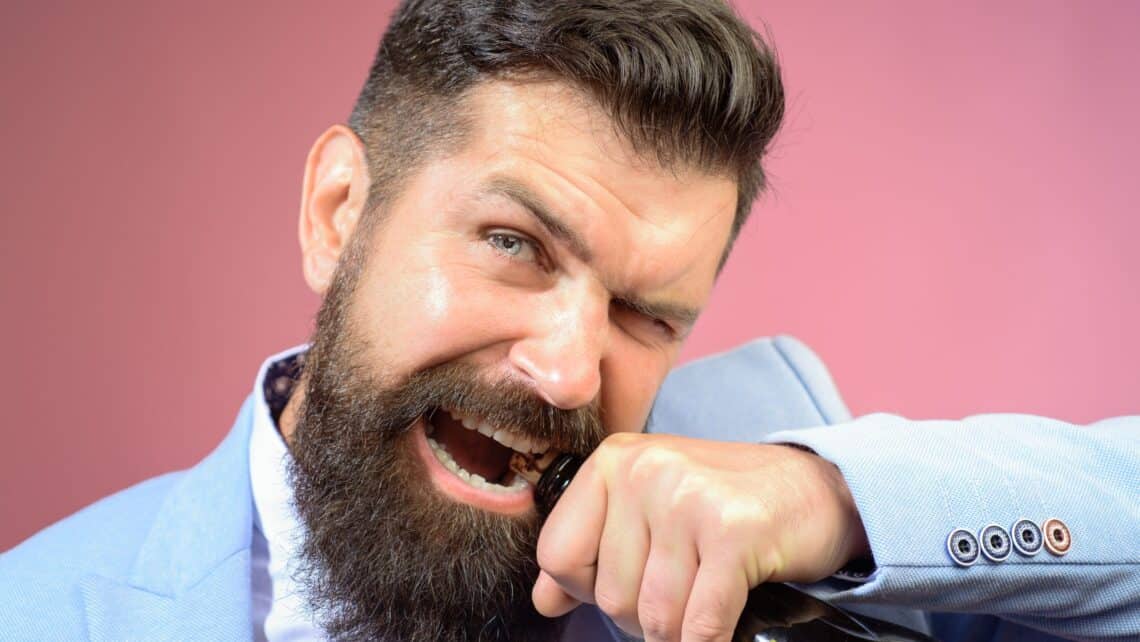
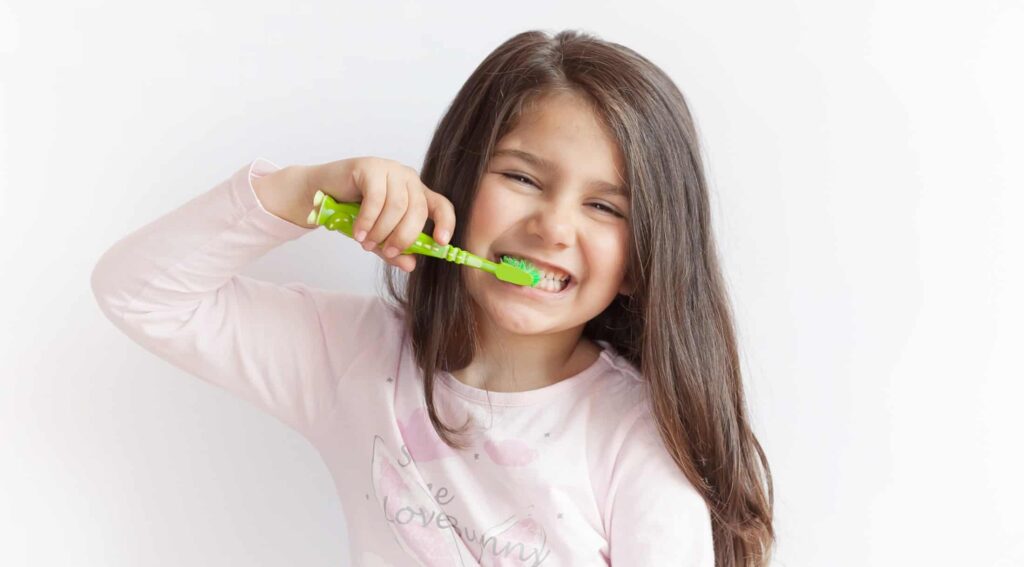
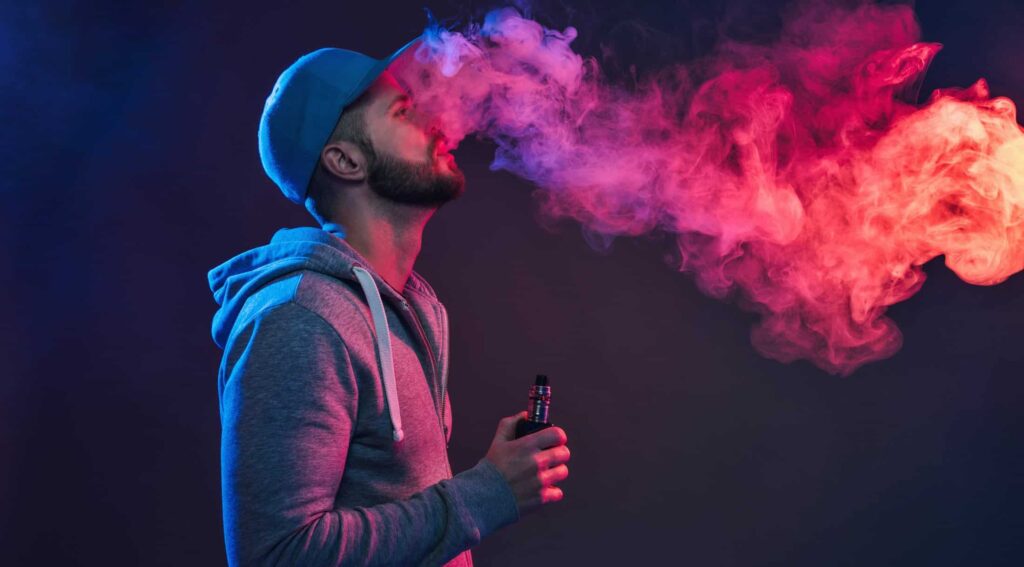

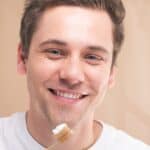
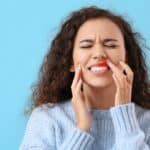



0 Responses
Great content! This is exactly the sort of thing I was looking for. Thanks for your help